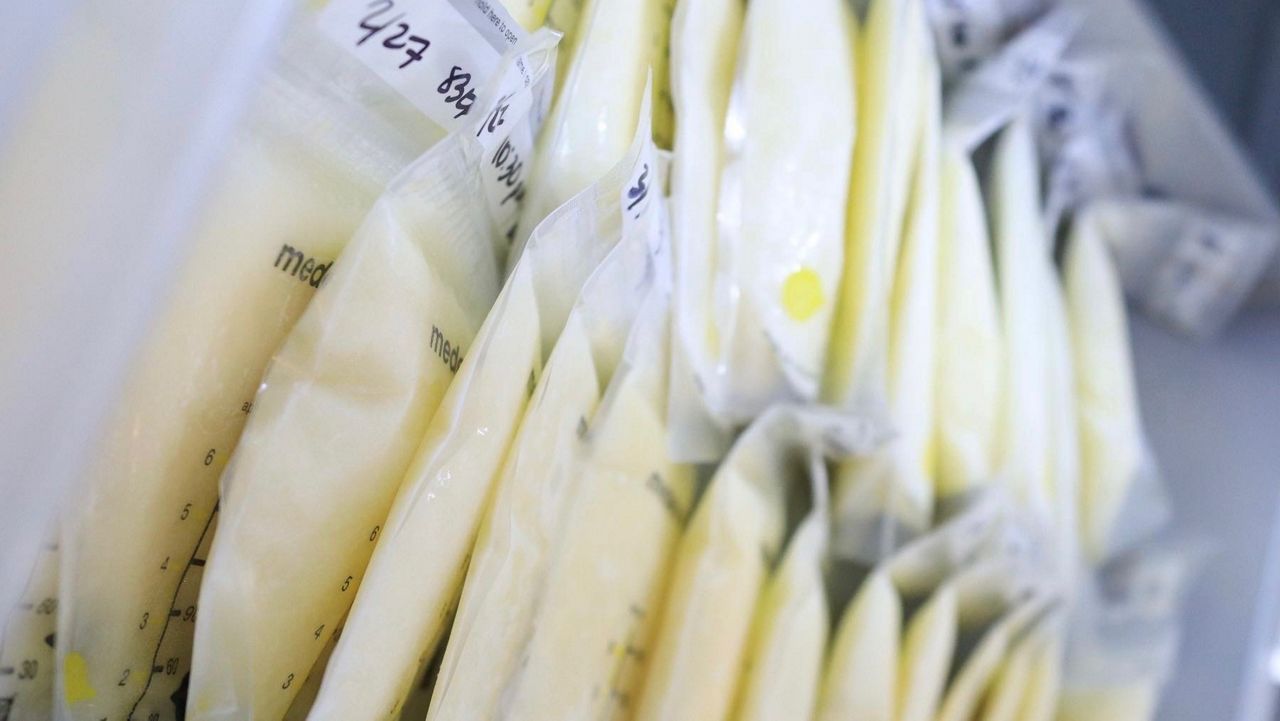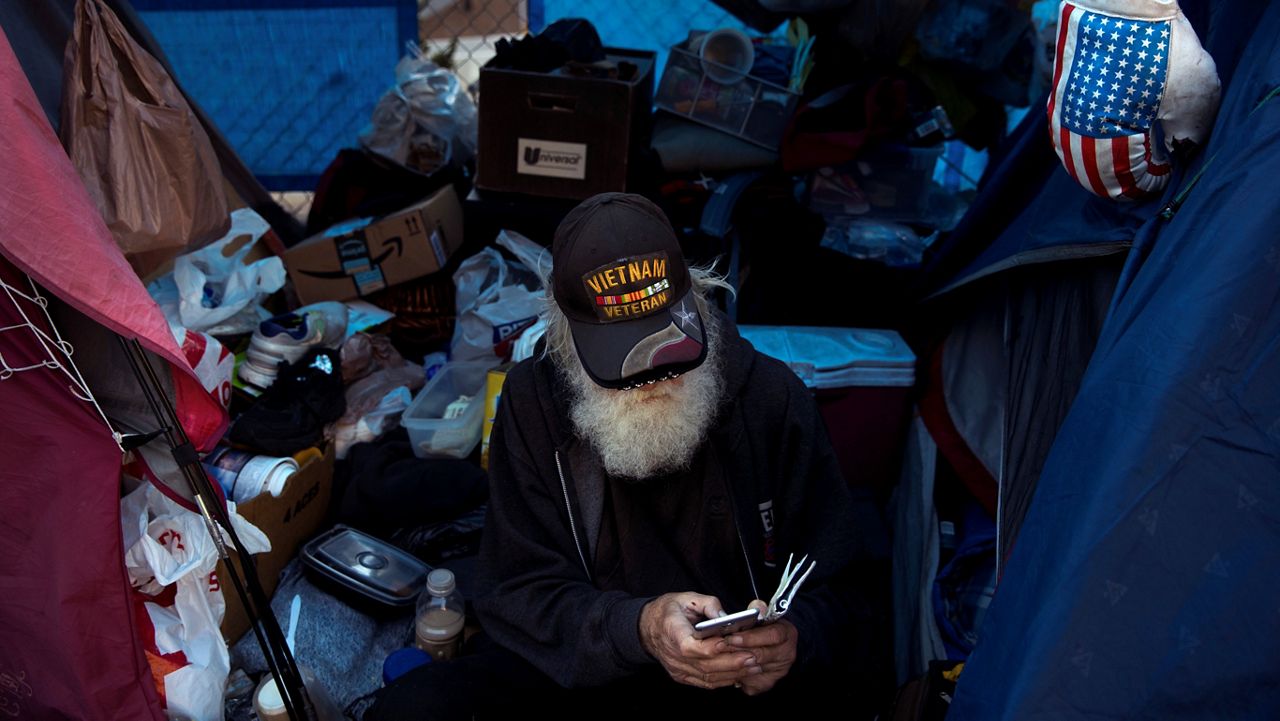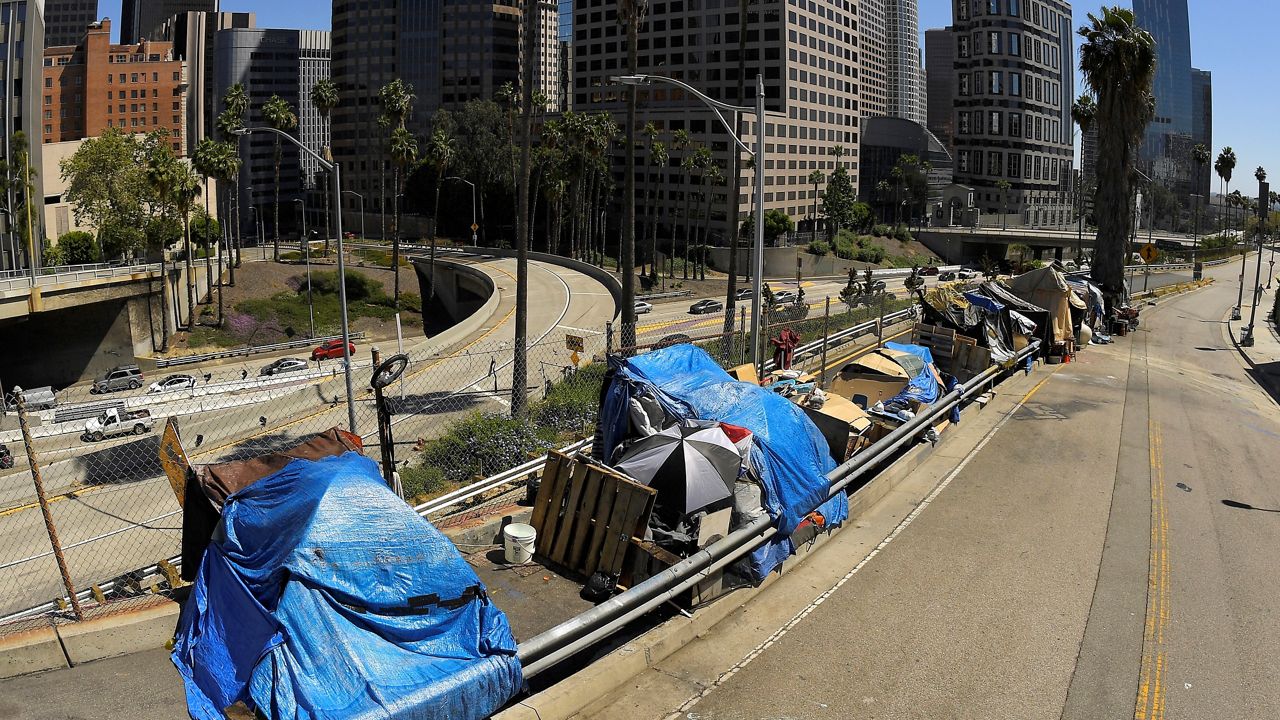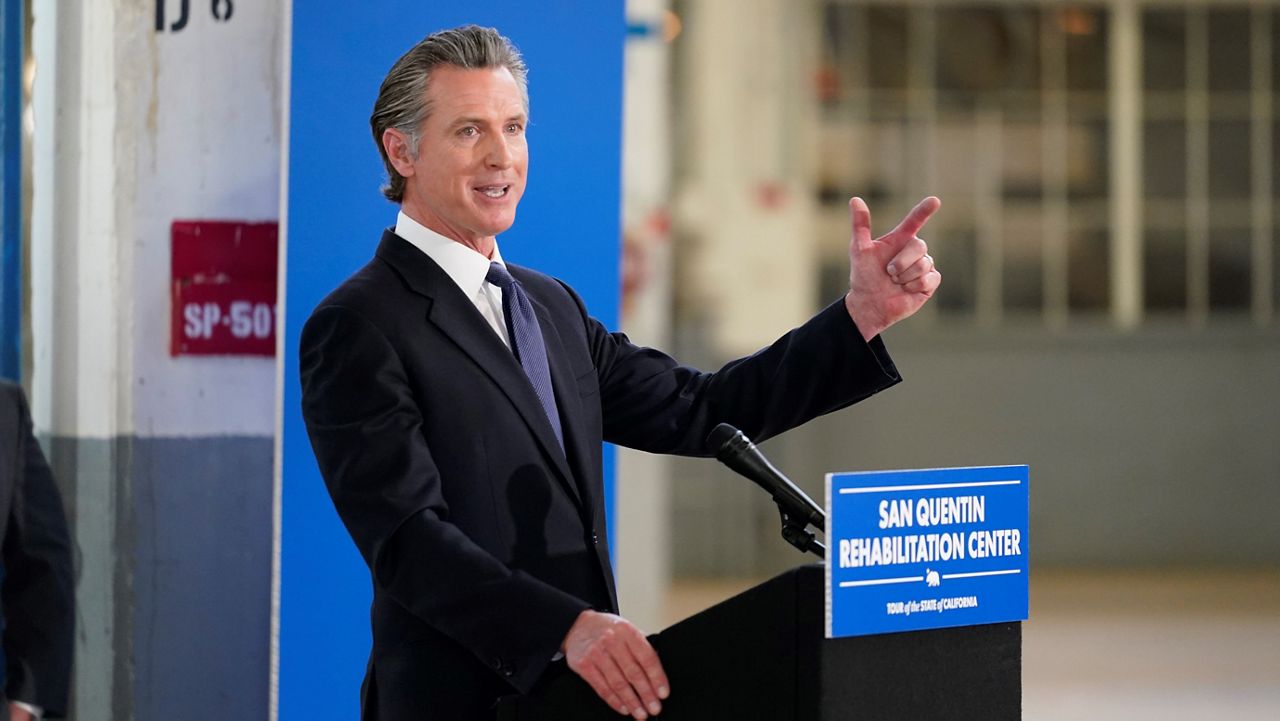Silent protests followed by riots and looting have spread throughout the Southland following the death of George Floyd, a Black man who was arrested and pinned down by police officers in Minneapolis just over a week ago. One officer, a white man named Derek Chauvin, kneeled on Floyd’s neck, during which Floyd was heard saying “Please” and “I can’t breathe.” He later died in police custody.
To some, the current unrest in Southern California feels a lot like it did following the Rodney King verdict in 1992. Brenda Stevenson, professor and Nickoll Family Endowed Chair in History at the University of California, Los Angeles, told Inside the Issues that both of the incidents have a central idea behind the movements.
“What stands out during both of those episodes, and so many more, is the notion that Black people do not receive justice in our society, particularly at the hands of those people who should be protecting us, the police,” she explained.
She continued, saying many Black people want to know when and how law enforcement will be reformed “in such a way that we begin to feel that we are equal under the law and with the law.”
“There is this sense that police kill young Black and brown people, homeless people, people who have mental disabilities, etc., and there are no consequences for them,” she expanded.
Under unique circumstances, the current civil unrest is happening while Southern California is still under safer-at-home orders amid the coronavirus pandemic. Stevenson said more people would be participating if it weren’t for the orders.
“People in the black community in particular, and other marginalized communities, have been disproportionately impacted by COVID in terms of the number of deaths and of course the economic downturn, that is a result of COVID, too, has disproportionately impacted African Americans and other people of color,” she said.
Stevenson said the majority of demonstrators are looking for guarantees that justice will take place.
“I think overall people want to see a real investigation of policing in America. They want to see Congressional hearings, they want to be able to testify, they want to be able to know that their lawmakers, the ones that we have elected, are really listening to the central problem in the fabric of our society,” she said. “Those kinds of things would go very far in making people believe and giving people another chance to understand that the government is working for their good. That policing takes place to protect them versus to harm them.”
Watch the clip above for more.
Let Inside the Issues know your thoughts and watch Monday through Friday at 8 and 11 p.m. on Spectrum News 1.











